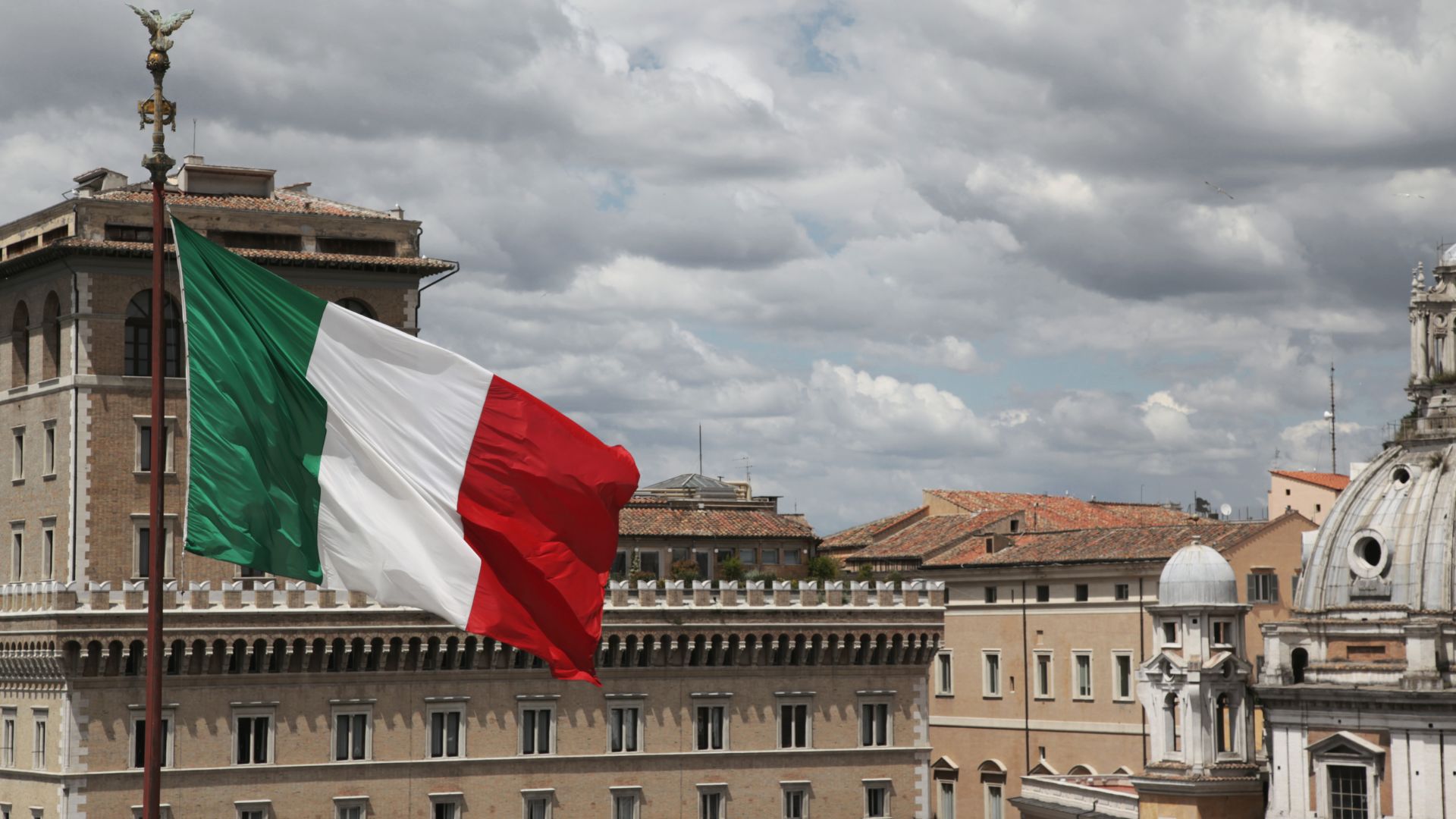When learning Italian, it’s crucial not to overlook the days of the week. They’re key for planning your schedule and understanding when things happen locally. You’ll start with the basics: lunedì to domenica. But it’s just as important to learn their common abbreviations and how Italians use them daily. This guide will help you understand these terms deeply, showing you how they connect to Italian culture and everyday life. How will knowing these details help you blend in and improve your Italian? Let’s find out.
Italian Days of the Week

Let’s dive into the Italian days of the week. From Monday (‘lunedì’) to Sunday (‘domenica’), each name has a special sound that ties back to its Latin roots. Knowing these will help you get better at both speaking and writing Italian. So, why is this important? Well, when you understand how the days sound and where they come from, it makes learning Italian a bit easier and more interesting. Let’s break it down together.
| Italian | English |
| Lunedì | Monday |
| Martedì | Tuesday |
| Mercoledì | Wednesday |
| Giovedì | Thursday |
| Venerdì | Friday |
| Sabato | Saturday |
| Domenica | Sunday |
Names with Pronunciations
Let’s go through how to say the Italian days of the week, from Monday to Sunday. Each day’s name is clear and distinct, keeping all the sounds crisp.
| Italian | English | Pronunciation |
| Lunedì | Monday | loo-neh-DEE |
| Martedì | Tuesday | mar-teh-DEE |
| Mercoledì | Wednesday | mer-ko-leh-DEE |
| Giovedì | Thursday | joh-veh-DEE |
| Venerdì | Friday | veh-ner-DEE |
| Sabato | Saturday | SAH-bah-toh |
| Domenica | Sunday | doh-MEH-nee-kah |
Also Read: Basic Italian Words And Phrases Every Tourist Must Know
Abbreviations
We’ve just gone through how to say the days of the week in Italian. Now, let’s look at how they’re often shortened in everyday writing.
You can abbreviate the Italian days either to three letters or just one. For example, ‘lun.’ stands for Monday, ‘mar.’ for Tuesday, ‘mer.’ for Wednesday, ‘gio.’ for Thursday, ‘ven.’ for Friday, ‘sab.’ for Saturday, and ‘dom.’ for Sunday. Or, you can just use the first letter: ‘l’ for Monday, ‘ma.’ for Tuesday, ‘me.’ for Wednesday, ‘g’ for Thursday, ‘v’ for Friday, ‘s’ for Saturday, and ‘d’ for Sunday.
These shortcuts are handy for jotting down appointments, taking notes, or planning digitally. They make writing quicker and keep things clear.
Conclusion
To wrap it up, knowing the days of the week in Italian really helps with everyday talk and gets you closer to the heart of Italian culture. Being able to understand and use these words, including their shortcuts, makes things smoother in both your personal and work life. This knowledge is crucial if you want to get really good at Italian and blend in with the locals. So, picking up these basics is an important step on the road to being fully fluent in the language and culture. Well, that’s it for this article, to learn more languages, keep visiting the Translation Blog regularly.

